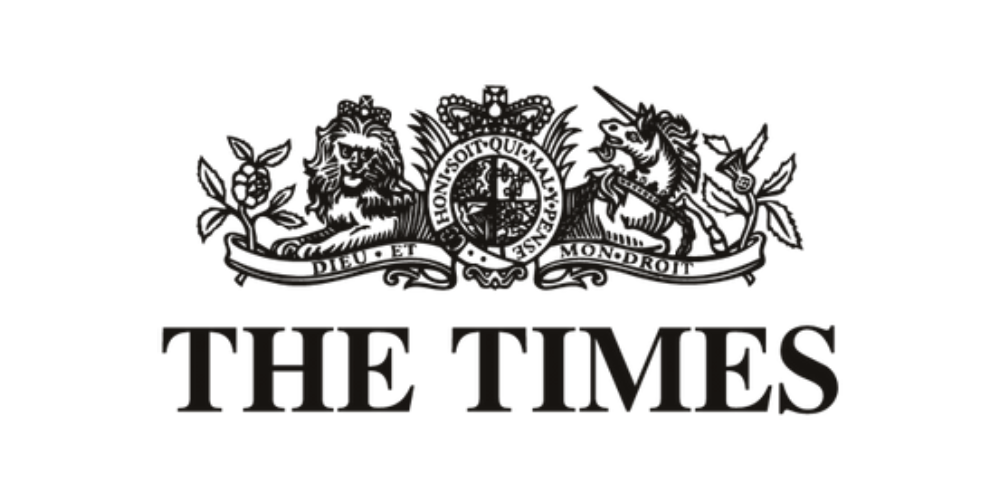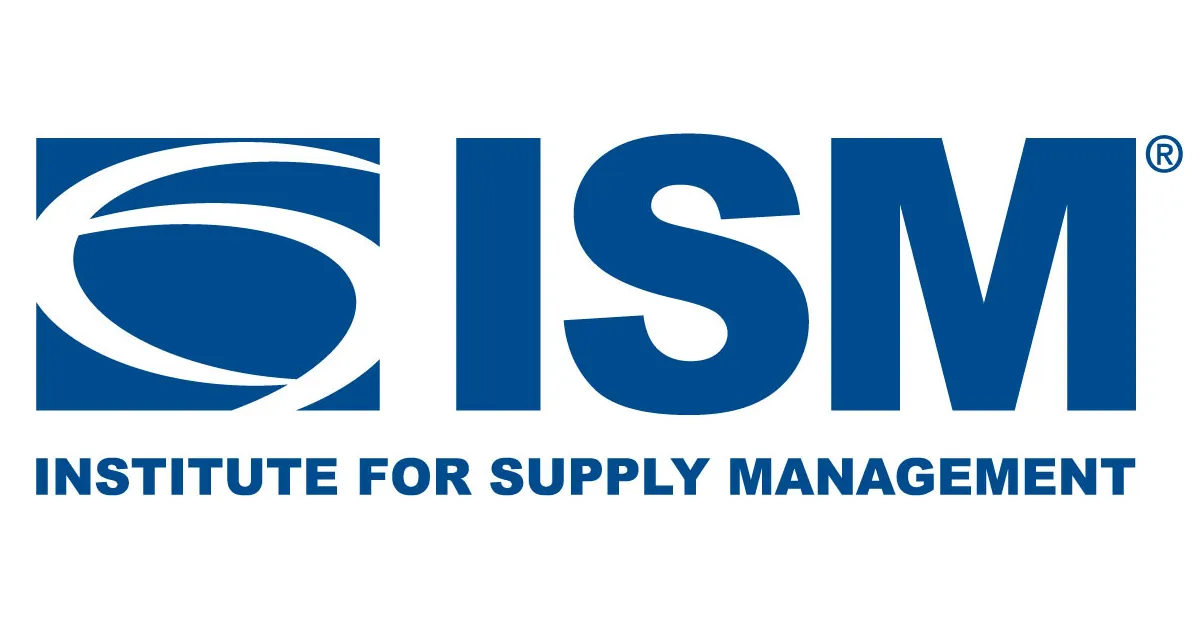When the Beijing government relaxed its zero-Covid policy last week, David Marr felt a queasy churn in his stomach and considered Chinese philosophy. “It was a bit of yin and yang to me — on the one hand it felt encouraging, but I’m not sure why they did it,” he said.
Marr’s building products company relies on importing parts from two Chinese factories, both of which are now grappling with soaring Covid infections. One of his orders, destined for Australia, is currently delayed by eight weeks because half the staff at the Tianjin factory from which he sources steel are sick and unable to work. “It feels exactly like it did back in 2020 when the virus was first breaking,” he said.
Marr is managing director of Ipswich-based Uni-Prop International, which makes supports for buildings under construction, and is familiar with Covid disruption in the People’s Republic. For six weeks in the summer he could not contact the company in Hangzhou that makes Uni-Prop’s hydraulic system because the area was under Covid lockdown. “As far as we were concerned, they’d fallen off the planet,” he said.
Last week, China announced it would reopen its borders to foreign travellers — the latest relaxation of the country’s strict Covid laws, which have caused political unrest across the country.
China’s decision to fight its Omicron wave with lockdowns rather than vaccinations had led to a halving of forecasts for economic growth. Now, with daily cases approaching one million in some provinces, there are fears that opening up will disrupt industry so much that the economic benefits could be lost.





